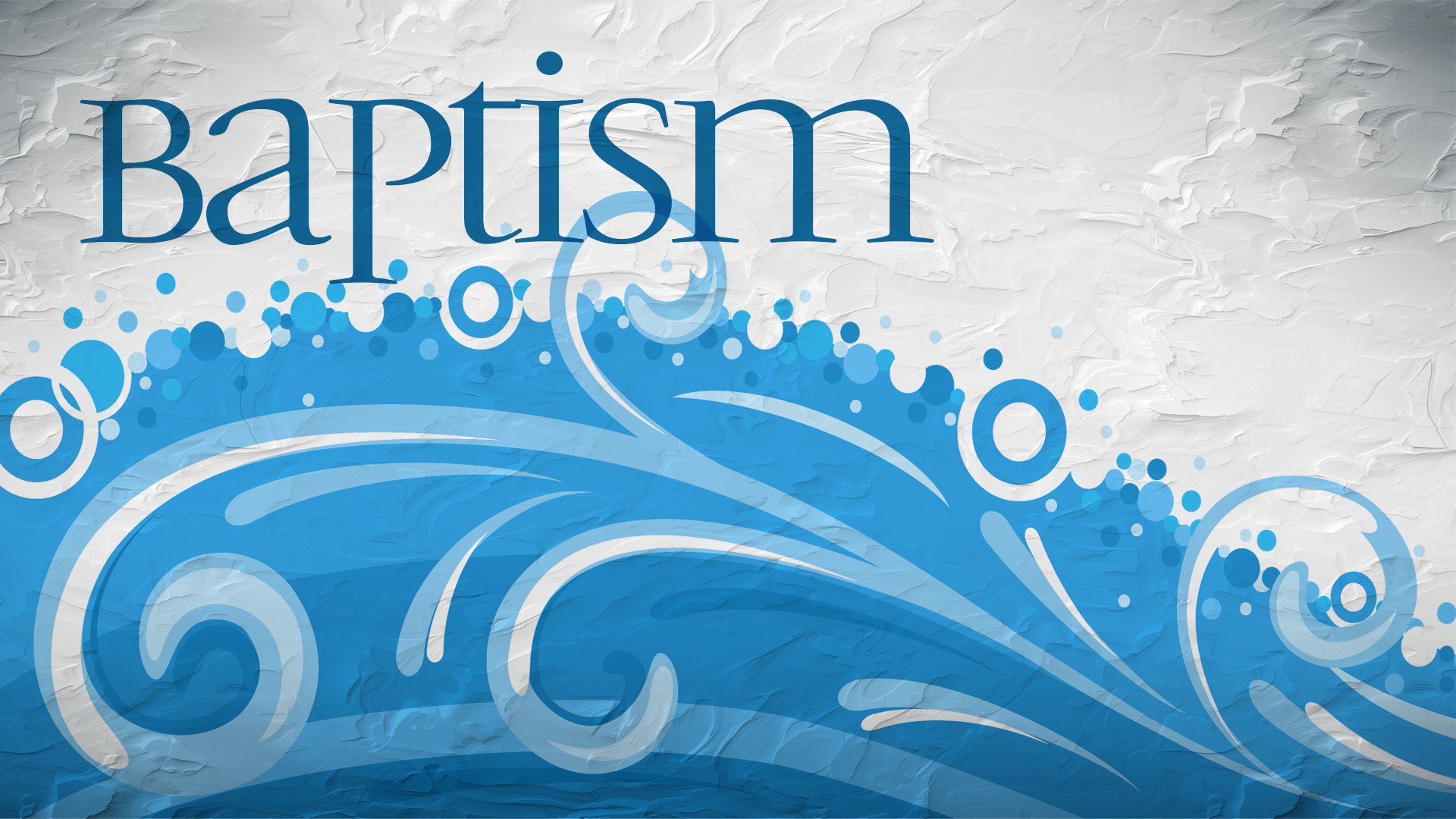-
Repent!
Contributed by Craig Condon on Nov 28, 2017 (message contributor)
Summary: In this season of Advent, as we prepare for Christ’s return, we must hear and heed the call to repentance. It is a life-giving call from a loving Saviour. We must examine ourselves and cleanse our lives. We must repent because the kingdom is here with us
A minister told his congregation, “Next week I plan to preach about the sin of lying. To help you understand my sermon, I want you all to read Mark 17”.
The following Sunday, as he prepared to deliver his sermon, the minister asked for a show of hands. He wanted to know how many had read Mark 17. Every hand went up.
The minister smiled and said, “Mark has only sixteen chapters. I will now proceed with my sermon on the sin of lying”.
Today’s Gospel reading represents a change from preparing for the Second Coming (which was the theme of the readings for the First Sunday in Advent) to preparing to consider the significance of the first coming (which will be the theme of the readings for the Third and Fourth Sundays in Advent and the readings for Christmas). John the Baptist’s message spoke of the dramatic coming of God in the person of Jesus, the presence of God with us in human form. This fits in with Matthew’s aim of providing positive direction for building and preserving Christian communities. John the Baptist realized that his work was only the beginning of the process. The coming of Jesus would be the climax of the process. John the Baptist realized an important lesson-there is no “I” in the word “team”.
John the Baptist was the connection between Jesus’ birth and the ultimate outcome of Jesus’ birth. The key to that connection is John the Baptist’s call to repent. The people were lost, aimless and directionless. John the Baptist had to act like an army drill sergeant because of the importance of his message. He did not take any foolishness from anyone.
John the Baptist’s appearance and diet were those of a prophet, in particular the prophet Elijah. Many Jewish end time thinkers, including Matthew, saw John the Baptist as a returning Elijah who was to prophesy before the apocalypse. John the Baptist was out of place. He wore different clothing, ate different food and lived in a different place. He did all of these things because he was the prophet sent by God to prepare the way for Jesus. If we want to follow Jesus, we have to be different from the rest of the world. We have to leave our old way of living to live with Jesus. In this season of Advent, we are called on to remember Jesus’ first coming and to prepare for Jesus’ Second Coming. In order to prepare for the Second Coming, we have to repent.
In order for us to receive the miracle of John the Baptist’s message, we have to go to the wilderness, just like the people had to go to the wilderness to hear John the Baptist’s message. For us, the wilderness is any place where we become absorbed in God’s powerful presence. The wilderness is a place where we are totally alone with the ultimate issues of life, death and eternity. In the wilderness, we hear the voices of John the Baptist and God calling us to repent. Only then will we be able to see the long-promised Messiah. This ties in with the original purpose of Matthew’s Gospel. He wanted the Jewish nation to see in Jesus the long-promised Messiah.
John the Baptist could sense the true nature of the people who came to hear him preach. That’s why he called the Pharisees and Sadducees a “brood of vipers”. Vipers were snakes that were known for their subtle movements and lethal strikes. As we see elsewhere in the Bible, this was an accurate description of the Pharisees and Sadducees. John the Baptist knew that the Pharisees and Sadducees were not sincere in their desire to repent. They only came to hear John the Baptist to satisfy their own curiosity.
John the Baptist’s message has two points. First, we have to have a change of heart and repent of our sins because God is coming. Second, our actions have to reflect genuine, changed hearts. John the Baptist urged the people to repent rather than face God’s harsh, upcoming judgement. He urges us as modern-day Christians to repent instead of facing God’s wrath. The Pharisees and Sadducees thought that because they were Jews, or “children of Abraham”, they were exempt from God’s anger. Abraham did God’s will. God’s good will toward Abraham was so great that the Jews thought God’s good will would cover their own sins. John the Baptist argued that this idea was false. The coming of Christ leads to coming judgment and good things that are coming. Jesus’ coming represented a move from the old way of doing things (such as the Law) to the kingdom. In other words, the Jewish Law and all of the associated rules were replaced by Jesus’ two Great Commandments.
Repentance also means changing our attitude and changing the way we treat others. When John the Baptist called the Pharisees and Sadducees “vipers”, he was referring to their self-righteous, “holier than thou” attitude. They did not do anything more than the Law required when it came to how they treated the poor, widows and orphans. Their actions did not reflect what they said.

 Sermon Central
Sermon Central



